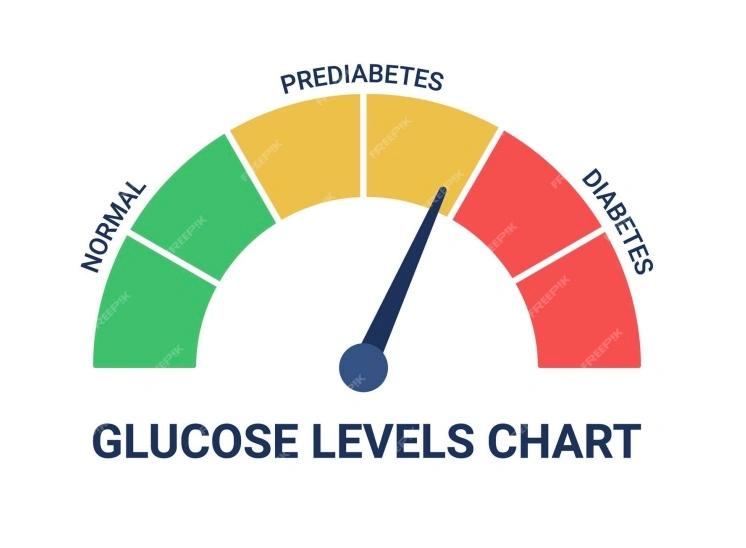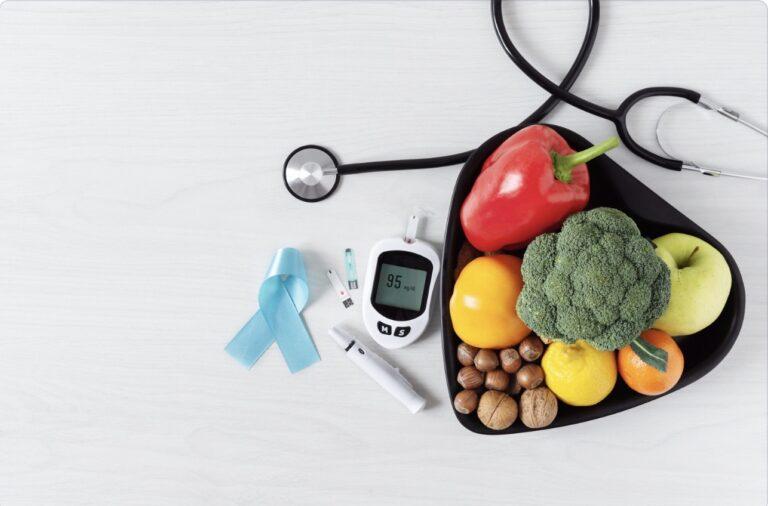Chatting with people living with diabetes
When chatting with people living with diabetes they seem to experience a commonly shared frustration: the idea that everyone else knows more about them, their condition and how to handle it than they do themselves. In daily interactions, the “you should do this” and strings of judgmental “recipes for success” that follow – regardless of whether these people have diabetes or not – can feel alienating and impacts them daily. So we embarked on a journey of actually asking people living with insulin-treated diabetes what they need. Just as expected, they told us they want to live their lives. Just like you and I. Diabetes mellitus is a condition. It can be all-consuming at times – there’s no denying that – but it is only just a part of what their experience is.
We had some frank conversations and here’s a summary of what they told us – they need to feel more in control, more confident and ultimately, to just be okay:
1) They need access to accurate information that is easy to find and digestible. Too much information out there is conflicting, scary or based on outdated research. This makes it hard for people to sort through everything and make decisions that work for them as an individual. Regular check-ins with a healthcare professional who can help cut through the noise would be really valuable for many people.
There are different types of diabetes, including prediabetes and care for each type may vary. That’s why it’s important to have a healthcare professional who can help you understand your specific diagnosis and how to best manage your symptoms of diabetes. With so much information available online, it can be overwhelming to try to sort through everything on your own. A healthcare professional can help you make sense of it all and provide guidance based on the latest research. They can also help you identify any risk factors you may have for complications of diabetes and work with you to develop a plan to prevent or delay them. Check-ins with a healthcare professional can be essential in getting the most accurate and up-to-date information about diabetes care.
2) They want more support in making lifestyle changes that fit into their everyday lives because trying to completely overhaul everything at once is overwhelming, not sustainable long term and often doesn’t work anyway.
Making lifestyle changes to better manage diabetes can be overwhelming. It’s important to remember that these changes don’t have to happen all at once or be perfect. Seeking support from others, whether it’s family members, friends or a diabetes education program can help. These supports can provide motivation and guidance as you make small changes that fit into your everyday life. Some examples of lifestyle changes that can help manage diabetes include healthy eating, physical activity, maintaining a healthy weight, monitoring blood sugar levels and taking medications as prescribed. Making even small improvements in these areas can make a big difference in your overall health.
Support could come from apps, wearable tech devices, other people with diabetes or healthcare professionals – depending on what works for the individual person.
3) They feel like they are always having to defend their choices because so many people think they know better when in reality no two experiences are the same. This sense of not being understood or listened to by family, friends, loved ones and even healthcare professionals can be extremely frustrating and lonely. Being given the space to make decisions that work for them would go a long way in helping people feel more in control.
Living with diabetes can be a challenging and frustrating experience, especially when it seems like everyone around you thinks they know better. It’s important to remember that every diabetic’s experience is unique and what works for one person might not work for another. Your healthcare team should be a source of support and guidance, not judgement. Trusting that the person with diabetes knows their own body best is crucial.
There are a lot of different decisions that come with diabetes management, from choosing the right diabetes medication to monitoring blood glucose levels, to deciding when to take insulin injections. It can be overwhelming and people with diabetes often feel like they are constantly having to justify their choices.
4) They want their loved ones, friends and family to educate themselves about diabetes by attending appointments or researching the condition. A few things to just keep in mind to make life a little easier:
The more you know about diabetes, the better equipped you’ll be to support a friend. Researching the different types of diabetes and how they are managed. In all types of diabetes, glucose can’t get into your cells properly, so it begins to build up in your blood.
Type 1 diabetes is where the body’s immune system attacks and destroys the cells in the pancreas that produce insulin. Type 2 diabetes is where the body does not produce enough insulin or is insulin resistant. This will help you understand what a friend is going through and what they need from you. It’s also important to learn about the symptoms of high and low blood sugar so that you can spot them if they occur. It is also useful to have the awareness of the wide-ranging complications of diabetes, such as blurred vision (retinopathy), neuropathy (nerve damage), diabetic ketoacidosis, heart disease, damaged blood vessels, kidney disease, high blood pressure, heart attacks and other health problems.
If your friend has type 1 diabetes, they will need to take insulin injections or use an insulin pump every day. Type 2 diabetes is managed with a healthy lifestyle of a balanced diet, a structured meal plan including the right amount and type of carbohydrates, adequate exercise and medication such as metformin. It’s important to ask your friend about their specific situation so that you can be as supportive as possible.
5) They would like more opportunities to connect with others who understand what it’s like living with diabetes, because sometimes it feels like the only available support comes from those who don’t have diabetes themselves. These connections could come from online forums, support groups or one-to-one meet-ups.
6) And finally, they want to live their lives without feeling defined by their condition all the time – which means having access to the resources they need to manage diabetes in a way that works for them so that it doesn’t take over everything.
Timing the campaign
We wanted to run the campaign on World Diabetes Day about the needs that emerged from our conversations. It felt like the right time and initially when discussing it with the team, it seemed appropriate. We dug deeper. The emotions attached to the day were polarised. The perception of World Diabetes Day among our team is that it’s the occasion used by everyone in the diabetes ecosystem to make big announcements and capitalise on everyone’s attention, focused on Diabetes and it felt way too opportunistic to launch on that day. We’d be using that day to self-gratify ourselves to the detriment of people that manage their condition daily, not just on the 14th of November.
Developing the message
Instead, we reached out to Rob from Diabetic Dad Runs, Chris Grumpy Pumper and Dan T1DDan to ask them whether they’d lend their voice to share and make an appeal to a new approach when treating diabetes. They said yes and we were ecstatic to work with people who are already using their voices to share their experiences.
We chose the statements we felt were the most powerful and co-created an amazing call to action for everyone in the diabetes ecosystem. Our message is to urge everyone – doctors, nurses, healthcare providers and policymakers – to adopt a people-centric approach and help us unlock “new science” and groundbreaking innovation in the diabetes space.
If you want to be involved in the movement we’re creating, we’re currently running a research programme to help us refine the way NowPatient considers all the different events that may be impacting glucose levels.
Sources
Medical Disclaimer
NowPatient has taken all reasonable steps to ensure that all material is factually accurate, complete, and current. However, the knowledge and experience of a qualified healthcare professional should always be sought after instead of using the information on this page. Before taking any drug, you should always speak to your doctor or another qualified healthcare provider.
The information provided here about medications is subject to change and is not meant to include all uses, precautions, warnings, directions, drug interactions, allergic reactions, or negative effects. The absence of warnings or other information for a particular medication does not imply that the medication or medication combination is appropriate for all patients or for all possible purposes.














